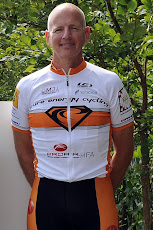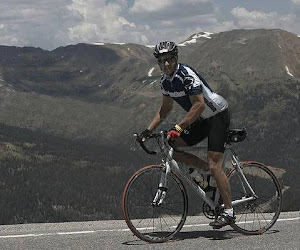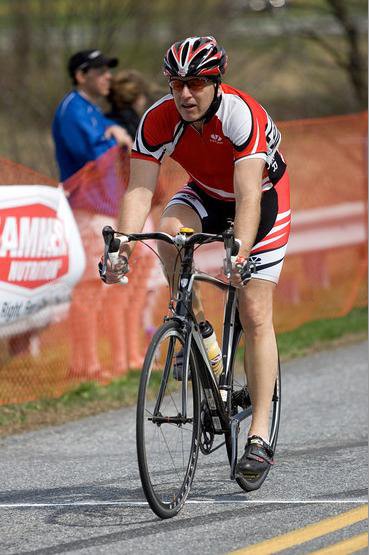Training Doesn't Stop Because the Leaves Change
By Jeb Stewart MS, CSCS
Champions and seasons are made and broken by what we do or don't do in the off-season. Too many athletes wait until the racing season is upon them to hire a coach and ask them to work miracles with their fitness, having put in a haphazard off-season at best. Even worse, many athletes fire their coach when the racing season is over and then hire them again come spring. Many coaches may not have slots available and may require that the athlete pay another start up fee for the additional work they must now do since they have not been working together continuously.
Besides, this approach is very short sighted and leads to less than optimal fitness and unattained goals come race season. What you do in the off-season determines the heights that you can reach during the next year. Those who do it correctly, meet and far exceed their goals, and those who do not end up falling short and wondering why.
Why is this? Well, the most common traps involve doing too much or too little. Doing too much can take many forms such as going too hard when they should be really working on their base fitness, doing too much or the wrong stuff in the gym, and gaining too much weight by not approaching their nutrition correctly. However, even more athletes fall into the latter of the two categories. Doing too little includes: Not taking any time off, not doing enough miles, skipping cross-training or gym work, not doing enough base work before moving up the training spectrum, not attending to goals and long-term planning and not taking this time when there are no races to attain those elusive body composition goals.
Having a coach can also help you make sure that the things you are doing are actually helping you attain your goals. I see too many athletes either skip cross-training and instead do nothing, do only gym work (often times doing the wrong stuff), employ faulty nutritional practices and gain too much weight as result. I also find that a lot of people do their base training at too low an intensity to really get the gains they are shooting for. Having a coach prescribe the correct Power or HR training zones can help you make sure are actually developing your aerobic fitness when doing this ever so important part of your training. There is nothing worse than to find out that all of those miles you did only helped slightly at best. Never mind the athlete who just goes from racing to mountain bike racing, to cyclo-cross to group rides and then wonders why they never seem to get any better. Many of these things can and should be worked into a complete conditioning program for the bike. However, if you are going to train, then we had better make sure that what you are doing is actually going to benefit you in the long run.
Many athletes want to come into form overnight and in endurance sports it just doesn't work like that unfortunately. Those who are patient and diligent in their preparation make the greatest gains. Take an athlete I am fortunate enough to work with for example. She started with me in November with her goals being in July. Her patient progress paid off in spades when she was on the podium 13 out of 14 races, won her state championships and two stage races. She was patient and believed in herself, her coach and the process. That's a perfect example of what doing things correctly can get for us.
Some of the many things your coach can help you with during the off-season include:
*Nutritional guidance and analysis
*Body composition goals
*Working cross-training into your schedule properly and effectively
*Periodized training for development in your sport of choice
*Proper strength and conditioning programming
*Yoga and flexibility training protocols
*Goal development for the upcoming season and annual planning
And much, much more.
Whether you are a recreational racer or a full-time athlete, what we do outside of our racing season is hugely important, and quite often will determine what we can achieve when the time comes to perform. So don't miss this golden opportunity to create your best season ever by working with a coach who can help you optimize the time you spend training in the off-season and make sure you are on track for the upcoming year.
Wednesday, November 26, 2008
Subscribe to:
Post Comments (Atom)





No comments:
Post a Comment